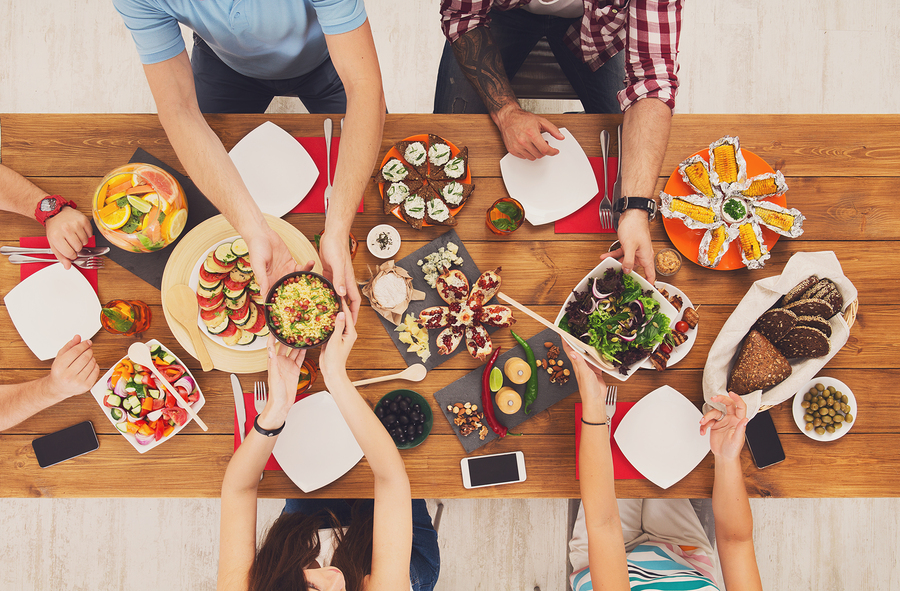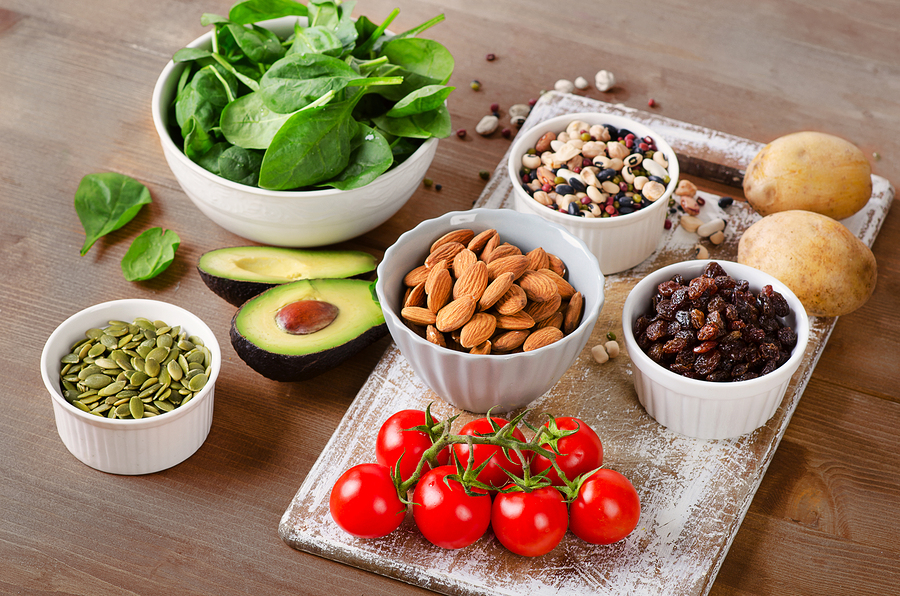- Make It Yourself Lavender Heart-Shaped Bath Bombs!
- 20 Things You Never Knew About “Down There”
- 12 Best Foods For Those Suffering From Arthritis Pain
- 12 Personal Hygiene Mistakes Almost Everyone Makes (Mom Never Told You About #4!)
- 15 Medicinal Plants And Herbs From The Cherokee People
- 12 Mind-Blowing Benefits Of Drinking Coconut Water During Pregnancy
- 12 Outstanding Winter Foods That Won’t Fatten You Up Like A Christmas Turkey
3 Common Foods You Need To Stop Eating Right Now

Photo credit: bigstock.com
Most of us know that we should eat clean. A balanced diet of fruits and vegetables, good carbohydrates, proteins, and naturally occurring fats makes for a healthy body. It doesn’t seem that complicated, and it’s not. But the truth is that even in some foods you think are healthy, there might be harmful additives that you never knew were there. In this article we’ll expose the top three harmful food additives and the foods to which they are most commonly added.
One important note for American readers: All of the following items on this list are fully legal in the United States. Food safety regulations in the United States are not nearly as rigorous as they are in other developed countries. For each item in this article, the countries where it is currently banned will be listed. You can help improve American food safety regulations by getting politically involved.
1. Meat and dairy from cows treated with rBGH
Many people don’t know it, but the about one in six cows in the United States are treated with recombinant bovine growth hormones, or rBGH. This is a synthetically produced version of the natural growth hormone in cows, bovine somatotropin. By injecting this synthesized hormone into the cow, the cow grows much faster and larger than it normally would, and it can also make dairy cows produce greater yield of milk per cow.
This may be good for business, but the problem is that traces of rBGH end up in the product that come from the animals treated with it. Multiple studies have shown how rBGH is linked to a higher chance of developing breast cancer, colorectal cancer, and prostate cancer. The dairy cows treated with it are also at greater risk for mastitis, which produces infections in the udders and often result in pus contaminating the milk. rBGH is currently banned in Australia, Israel, New Zealand, Canada, and all European Union countries.
Continue to Page 2

Photo credit: bigstock.com
2. Farm-raised salmon
This is one of the worst offenders on the list. Salmon is one of the most popular fish in the world and is generally perceived as a healthy and lean alternative to a burger or steak. The problem is that unless it is specifically labeled as “wild-caught,” most salmon sold in stores come from huge commercial fish farms.
Farm-raised salmon spend their lives in large, crowded enclosures where they are fed a diet of artificial fish-feed, supplements, antibiotics, and other drugs to protect them from the diseases that flourish in these conditions. The result of all this is a product that is not nearly as healthy as wild salmon, and is packed to the gills (literally) with contaminants and is lacking in nutritional value.
Many people are aware that fish fat is actually good for you, since it is rich in Omega-3 fats that are good for the heart. However, that’s only true of wild salmon; farmed salmon actually has a higher fat content than the wild variety, but it is more of the less healthy forms of fat and up to 50 percent less omega-3 fat.
Farmed salmon also has much higher levels of contamination from dioxin, PCBs, mercury, and other harmful compounds. And there is one other problem with farmed salmon that might be the most off-putting of all: You know that rich pink color that salmon is known for? It’s fake. Wild salmon consume a compound called astaxanthin in their natural diet which contributes to their unique pink-orange color. Salmon raised in captivity, on the other hand, do not get access to natural food sources, and would actually produce grey-colored flesh if they were not fed a special synthetic form of astaxanthin!
Continue to Page 3

Photo credit: bigstock.com
3. Potassium Bromate
Potassium what now? This chemical compound is often added to dough of baked goods, including mass-produced breads, cakes, pastries, bagels, and bread crumbs. Potassium bromate is added to the flour prior to baking, resulting in a product called “brominated flour.” It is used to give the dough a more elastic and durable consistency so it can better withstand bread hooks and other devices used during the manufacturing process.
You may very well have been consuming this for years without knowing it. Potassium bromate has been linked to problems with the thyroid, increased risk of cancer, gastrointestinal pain and discomfort, and problems with the kidneys and nervous system.
It may make bread easier to produce, but it has no business in your body! Canada, the European Union, and China (another country not exactly known for its food safety regulations) have prohibited its use within their borders, but it remains legal in the USA. Check the labels on baked goods you buy to make sure it is not used, or ask your local baker.
READ ALSO: The Shocking and Disgusting Things That are Hiding in Your Meat and Processed Foods
American statesman Thomas Jefferson once said that “Eternal vigilance is the price of liberty.” Well, it’s also the price of health. Be mindful of what you eat — your healthy future self will thank you for it.
References:
































